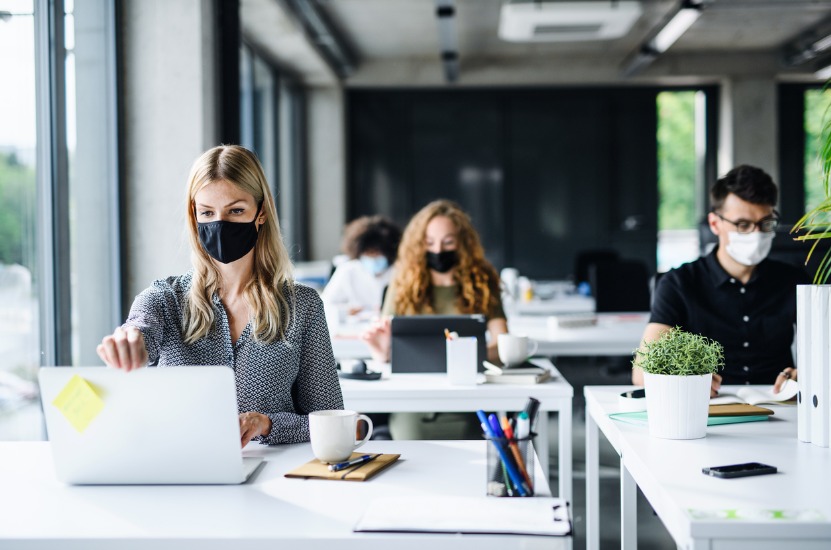Boredom, anxiety, unemployment, fear of the future, loss of loved ones, isolation…. the list goes on and on. These are all common feelings (to varying degrees) for the vast majority of the population at some point during the Covid-19 outbreak and subsequent lockdowns.
However, as any addict or ex-addict will attest, this list also bears an uncannily unfortunate resemblance to the list of the most common causes of entering the world of substance abuse, with users seeing drugs or alcohol as coping mechanisms.
“The lockdown, it turned out, was the worst thing that could happen to anybody, especially for the alcoholics and addicts and people with mental health issues, as we isolate ourselves.”
Anonymous recovering alcoholic
Perhaps unsurprisingly then, during the Coronavirus crisis and lockdowns, the empty supermarket shelves, recent sales figures, studies and reports indicate skyrocketing consumption of alcohol, and with it, an increase in substance abuse and relapses of recovering addicts, although referrals for treatment dropped more than half from last year. As the lockdown drove everyone inside and many services were suspended, vital face-to-face addiction clinics were forced to temporarily close their doors to adhere to social distancing guidelines or go online, which has proved especially difficult for recovering addicts, who crave face-to-face personal interaction and human connections as an essential part of their recovery process.
It’s not just alcohol use and abuse that has increased. By now, you have probably seen videos or news reports of drug dealers posing as joggers, delivery drivers and key workers, adapting in characteristically rapid and creative fashion (often faster than the authorities) in order to meet the needs of their clients and the increasing demands that the pandemic has presented them.
“With addiction you shouldn’t isolate, the cure is connection, and when you are disconnected by it all, it is hard.”.”
Anonymous recovering alcoholic
The profound effects on mental health are only just being fathomed, and effects in the workplace may be a longer time coming. With many GP consultations being conducted over the phone and reduced therapy sessions, addicts are struggling to cope without those vital personal interactions, which in the workplace can then result in higher absenteeism, lack of motivation, inability to focus on or complete tasks, avoiding phone or video calls, among many other longer-term effects.
It is important to remember that most counselling services and help groups are still attending anyone in need and a GP referral is not necessary in most cases. As a personal connection is so essential, assigning a co-worker to monitor a colleague’s progress or reporting any suspicious behaviour to HR will help to get any workers who are suffering from substance abuse the much-needed help they need in time for them and the company.







